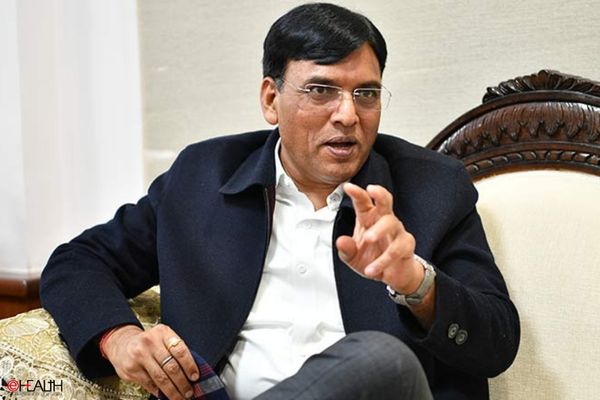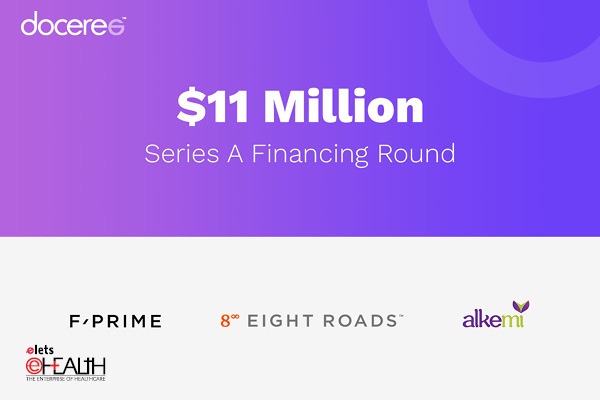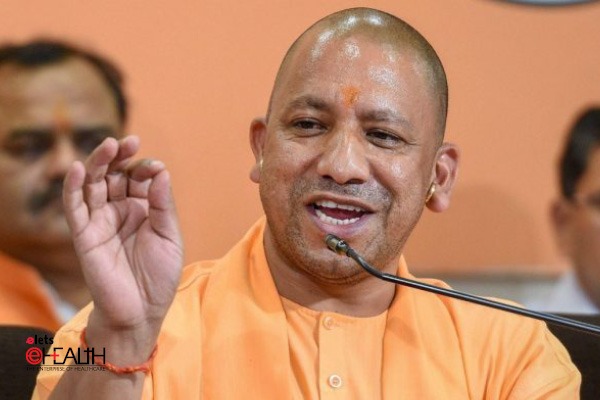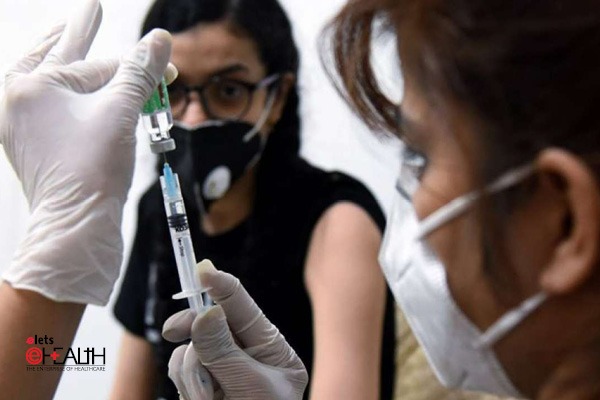The industry department is about to finalise the terms under which the government can order the manufacture of drugs without seeking the permission of the patent holder by the end of this month, in the face of stiff opposition from multinational drug companies and lobby groups. Compulsory licensing can be used by the government to allow third parties to produce and market a patented product or process without the consent of the right’s owner, thus ensuring the availability of the drug at a reasonable price. Among other things, the department will decide whether compulsory licensing should be allowed only in the case of public health emergencies or whether there will be other valid circumstances, such as companies abusing their dominant position or engaged in unfair competition. The objective was to develop a predictable environment for use of such measures. In recent years, India has seen several big-ticket deals in the pharma sector. In June 2008, Japanese drug maker Daiichi Sankyo Co. Ltd acquired New Delhi-based Ranbaxy Laboratories Ltd for nearly $5 billion (Rs. 22,500 crore today). Two years later, US-based Abbott Laboratories bought the healthcare solutions business of Mumbai’s Piramal Healthcare Ltd for $3.72 billion, becoming India’s largest pharmaceutical company in the process. Compulsory licences could be issued for government use, non-commercial use and against anti-competitive practices.

Be a part of Elets Collaborative Initiatives. Join Us for Upcoming Events and explore business opportunities. Like us on Facebook , connect with us on LinkedIn and follow us on Twitter , Instagram.












